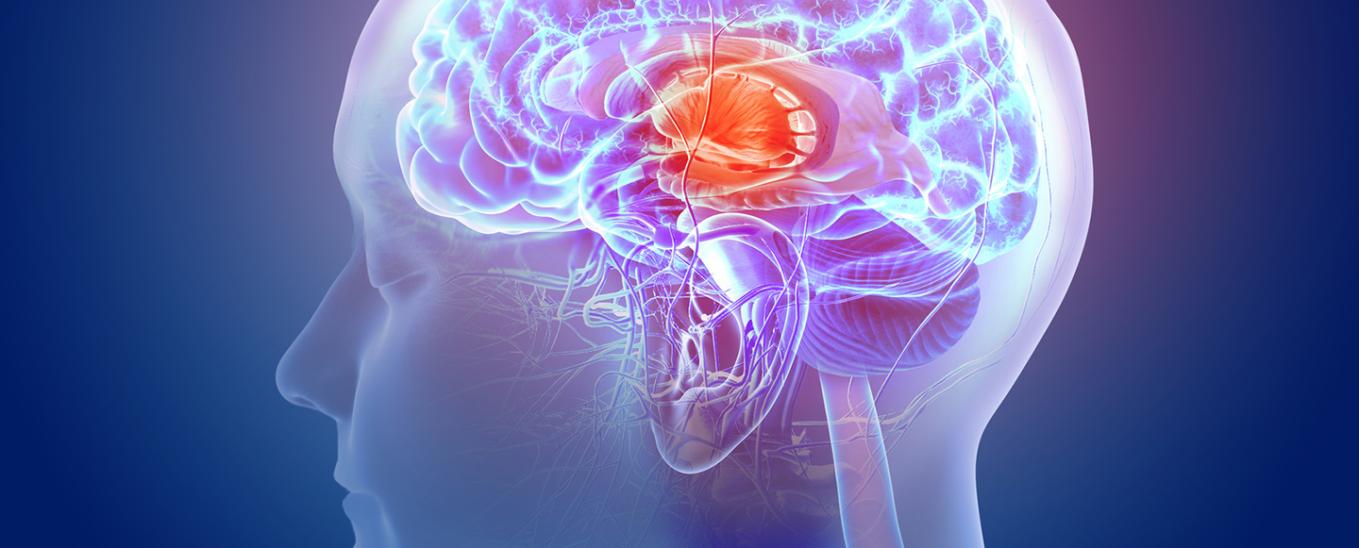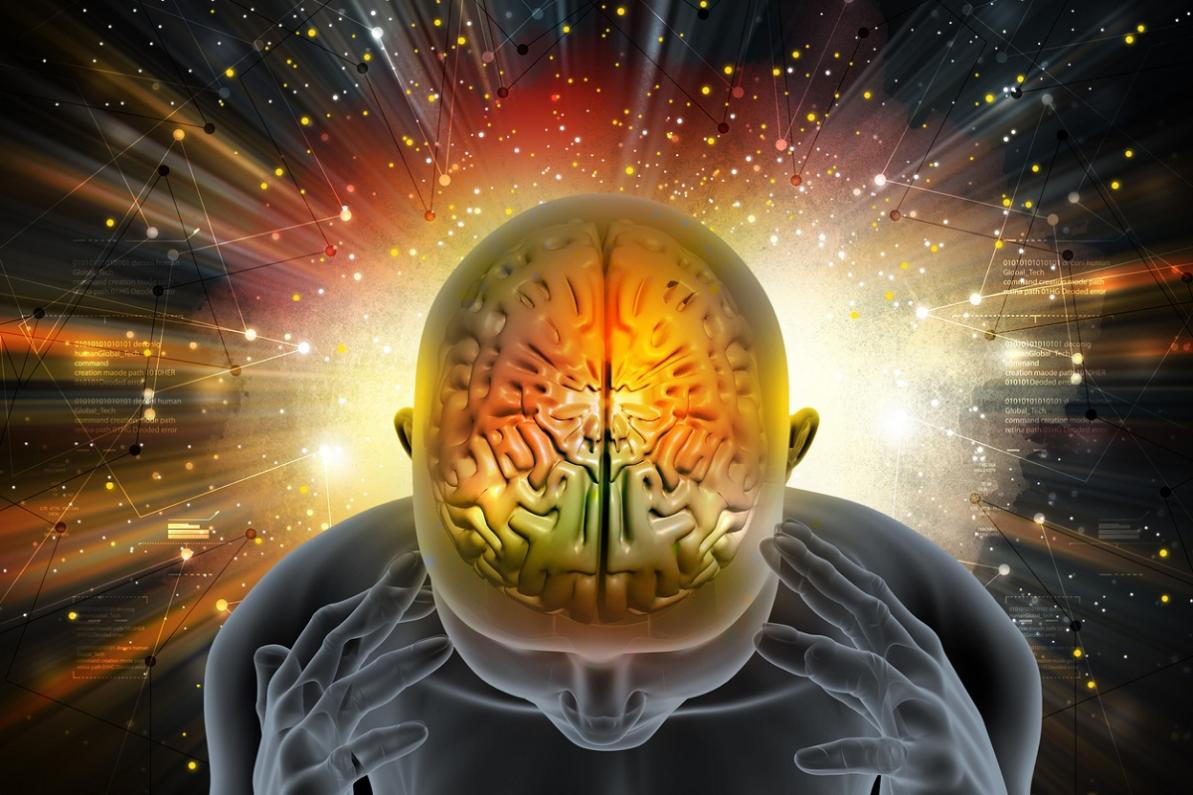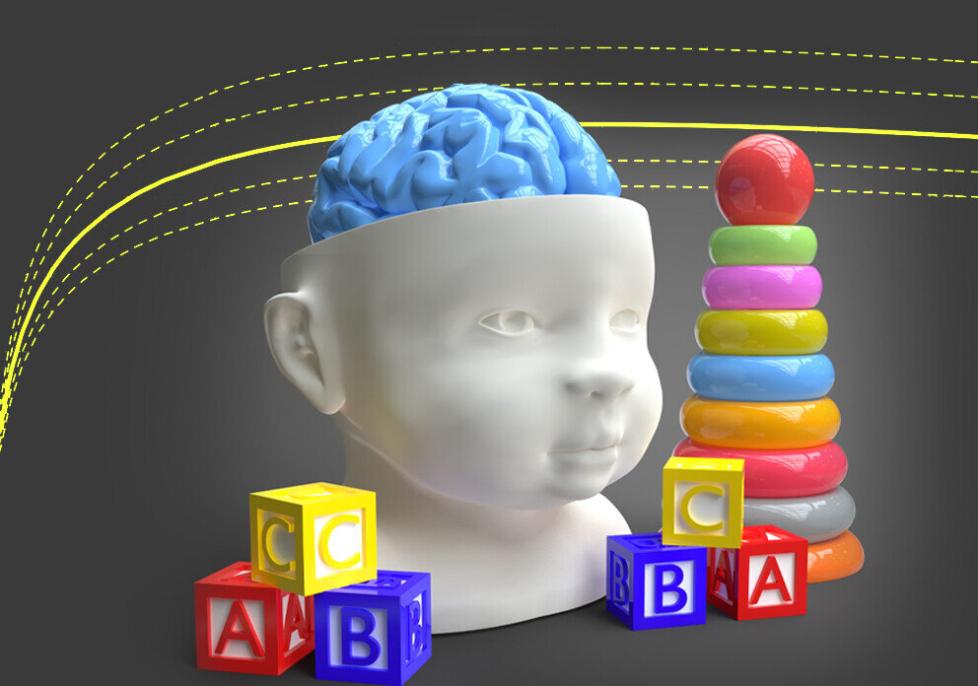What Are the Long-Term Effects of Brain Disorders?
Brain disorders are a diverse group of conditions that affect the structure or function of the brain. They can range from mild to severe, and they can have a profound impact on an individual's life. The long-term effects of brain disorders can be far-reaching, affecting various aspects of an individual's life.

Cognitive Impairments
- Memory loss and cognitive decline
- Difficulty with attention, concentration, and problem-solving
- Impaired executive function and decision-making
- Reduced processing speed and reaction time
Cognitive impairments are common long-term effects of brain disorders. These impairments can affect an individual's ability to learn new information, remember things, and make decisions. They can also make it difficult to concentrate and pay attention, which can interfere with work, school, and social activities.
Emotional And Behavioral Changes
- Depression, anxiety, and mood swings
- Increased irritability, agitation, and aggression
- Apathy, loss of motivation, and anhedonia
- Impulsivity, disinhibition, and poor judgment
Emotional and behavioral changes are also common long-term effects of brain disorders. These changes can be caused by damage to the brain's emotional centers, or they may be a result of the cognitive impairments that often accompany brain disorders. Emotional and behavioral changes can make it difficult to maintain relationships, hold a job, or participate in social activities.
Physical And Motor Deficits
- Tremors, seizures, and movement disorders
- Muscle weakness, spasticity, and impaired coordination
- Difficulty with balance, gait, and fine motor skills
- Speech and language problems
Physical and motor deficits are another common long-term effect of brain disorders. These deficits can be caused by damage to the brain's motor centers, or they may be a result of the cognitive impairments that often accompany brain disorders. Physical and motor deficits can make it difficult to perform everyday activities, such as walking, eating, and dressing. They can also lead to falls and other accidents.
Social And Interpersonal Consequences
- Isolation, withdrawal, and social withdrawal
- Difficulty maintaining relationships and forming new ones
- Loss of employment, financial instability, and homelessness
- Increased risk of victimization and exploitation

The social and interpersonal consequences of brain disorders can be devastating. Individuals with brain disorders often experience isolation, withdrawal, and social withdrawal. They may have difficulty maintaining relationships and forming new ones. They may also lose their jobs, experience financial instability, and become homeless. Additionally, individuals with brain disorders are at an increased risk of victimization and exploitation.
Long-Term Care And Support
- Need for specialized medical care and rehabilitation
- Assistance with daily living activities and personal care
- Financial burden on individuals, families, and society
- Importance of community support and resources
Individuals with brain disorders often require long-term care and support. This may include specialized medical care, rehabilitation, and assistance with daily living activities and personal care. The financial burden of long-term care can be significant, and it can be a strain on individuals, families, and society. Community support and resources can help to ease the burden of long-term care and improve the quality of life for individuals with brain disorders.

The long-term effects of brain disorders can be profound and far-reaching. These effects can impact an individual's cognitive abilities, emotional and behavioral health, physical and motor skills, and social and interpersonal relationships. Early diagnosis, intervention, and support can help to mitigate the long-term effects of brain disorders and improve the quality of life for individuals with these conditions. Increased awareness, research, and funding are needed to address the challenges posed by brain disorders.
YesNo

Leave a Reply